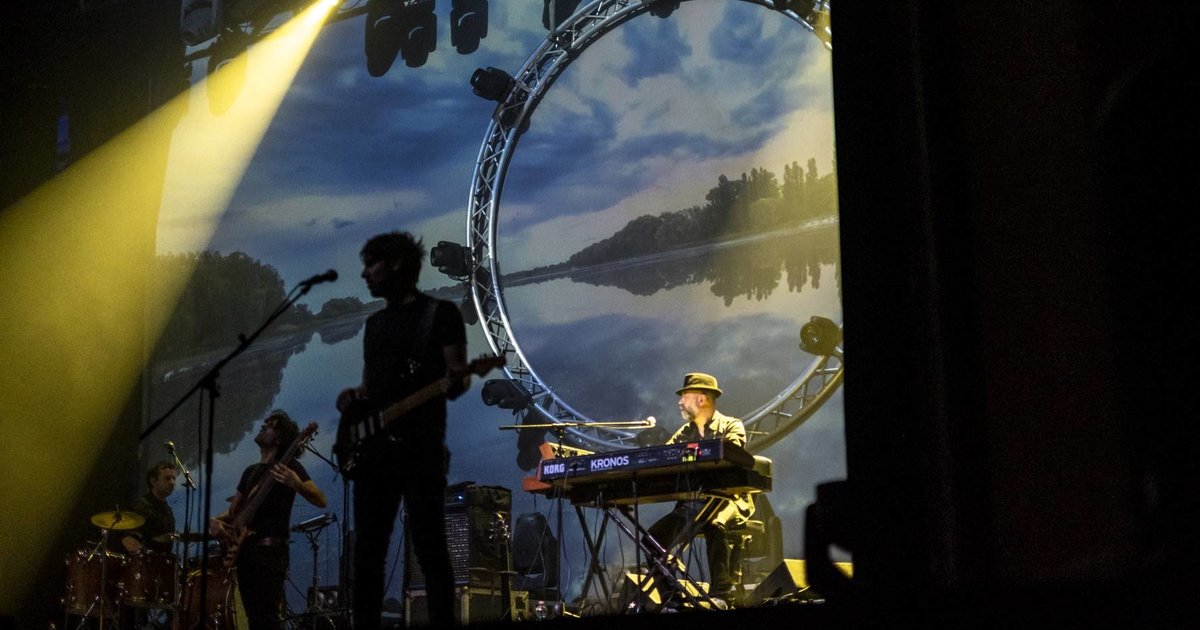Copy, reproduce, digest, to finally find both its way and its voice. All the great rock bands will tell you the same thing: at the start of their career, they got their hands dirty on songs composed by others. It’s Roger Glover, the bass player of Deep Purple, dissecting the music of Buddy Holly and Eddie Cochran, it’s the Rolling Stones playing at their first concerts Chicago blues and songs by Chuck Berry and Bo Diddley, it’s later the Irish group Feedback taking over the Clash, the Buzzcocks and the Sex Pistols… before becoming U2.
Read also: The “tribute bands” or the attack of the clones
Beyond the learning side of the cover, taking up standards from the repertoire has been a must since the 1950s, like a legacy of blues and jazz, two genres partly built around the circulation of melodies. From his beginnings, Elvis Presley, for example, greeted his elders. On his first album, released in 1956, he covers both Little Richard (Tutti Frutti) than Carl Perkins (Blue Suede Shoes) and Ray Charles (I Got a Woman). And from the 1960s, it was the King’s hits that were in turn massively re-recorded. Just like those of the Beatles later – how marvelous the tragic fate ofEleonor Rigby soul-milled by Aretha Franklin.
In 2022, when the major concert industry is finally starting up again (with, for example, the Stones – minus the late Charlie Watts – in Bern in June), it is striking to see tribute concerts on display in many Romandie venues. In recent years, the phenomenon of tribute bands is booming, with real fake bands playing Queen, Beatles, Pink Floyd or Led Zeppelin. Or the promise of a trip back in time, to attend concerts “as if we were there”, with part of the public reliving their youth and another going through the history of rock in an immersive way. Beyond the economic dimension of these tours, let’s dare to think that there is also something didactic there.
Another chronicle: Charlie Watts, the end of an era
Pop-rock music is recent, it is even younger than cinema, which is said to have not even begun its adolescence. To see them thus celebrated through the tribute bands is undeniably a sign of their timelessness. Just as it is possible in classical music to listen to Mozart and Beethoven, but also contemporary creations, it is delightful to be able to soar with the prog-rock of Pink Floyd and hop with the pop songs Beatles, while being able this summer to go and applaud Nick Cave in Montreux or Sting at the Paléo.
–


